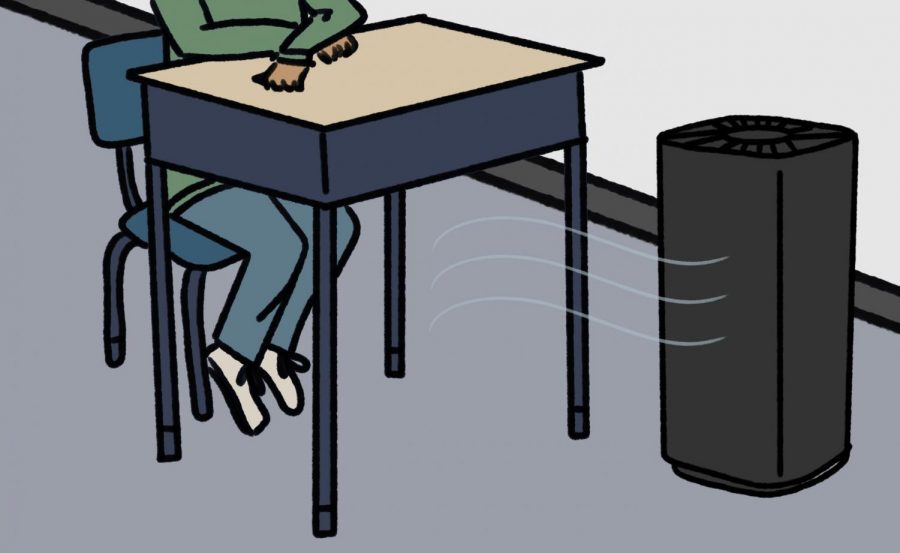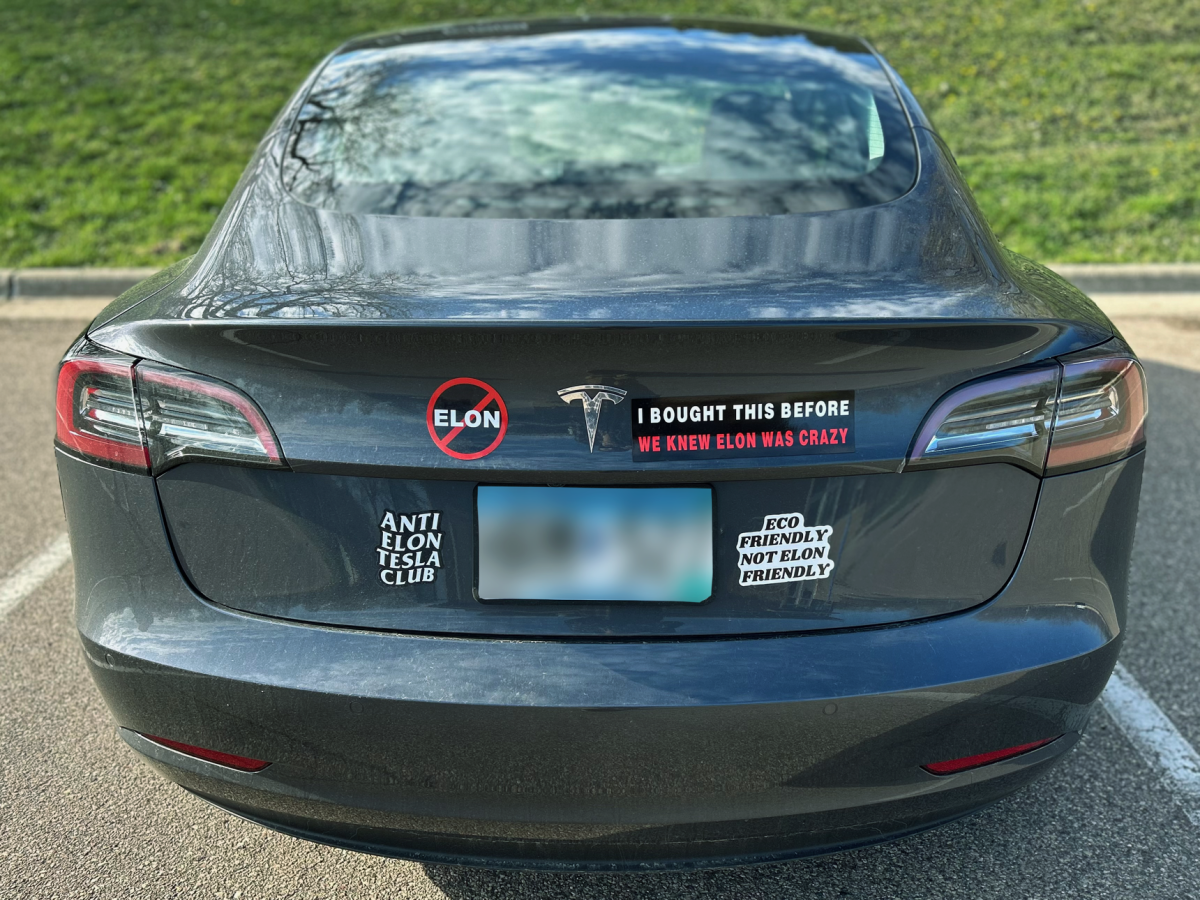On May 14, the Minneapolis City Council approved a bill requiring rideshare services like Uber and Lyft to raise wages for drivers, causing both services to threaten to leave the city unless vetoed. Jacob Frey, the mayor of Minneapolis, came out and vetoed this bill. However, in a rare scenario, the City Council voted to veto the veto, and now both Uber and Lyft have stated they will leave the city on July 1.
Don’t panic; this is normal. Many other states have had disagreements with companies that get heated in court., like the famous Southwest Airlines lobby case against the Texan high-speed rail, or more recently, the lobby against AI rules and regulations in Washington, D.C. These, and many more, are all examples of which a corporation “lobbied” against a public development that would lose them business, exactly what’s going on here in Minnesota. “Lobbying,” when in reference to corporations, is usually the action of paying government officials, including lawmakers, to either pass or veto bills that serve or work against their interests. This practice is completely legal when done through a third party, but its effects can sometimes be harmful towards people and businesses.
However, some think that this particular instance of corporation vs. council is not specifically a matter of lobbying, but just that—a political clash. “In one sense, it is a way for, not just individuals to participate in government, but companies like Uber, or any interest group who cares about the kind of service they provide, and has the opportunity to weigh in on whether this is good or bad, [but] there’s economics tied into it as well,” said Edina High School social studies teacher Christopher Griggs. “There’s a lot of different touch points that [this case] connects to, not just government topics but social studies. [But] I’m sure lobbyists are involved,” he said.
In different examples, Uber and Lyft have also threatened to leave New York and Washington due to similar laws, yet they still operate there. And, even if Uber and Lyft left, both Seattle, Wash. and Austin, Texas have had Uber and Lyft leave them before. However, the bustling commute didn’t crash overnight. Instead, smaller, more localized businesses offering the same services started growing popular almost overnight, growing to fill in the economic void left by the big businesses, which benefits both the city and the community. Besides, Minneapolis already has a plethora of both people and food delivery apps and establishments ready to stand up and fill a gap caused by the move of Uber or Lyft.
Now, Minneapolis natives are raising questions about what a minimum wage means for Uber and Lyft, and if it should even apply to rideshare drivers, a career that most people have in addition to other jobs. Republican representatives have criticized the Democratic-Farmer-Labor Party for what they consider a potential economic disaster for the city. The bill is currently in the Minnesota legislature pending review by Minnesota Governor Tim Walz. “I don’t really know how it’ll play out yet,” Griggs said, “but, if Uber and Lyft are going to operate here, they’re definitely going to have to compromise. And I hope they will.”











